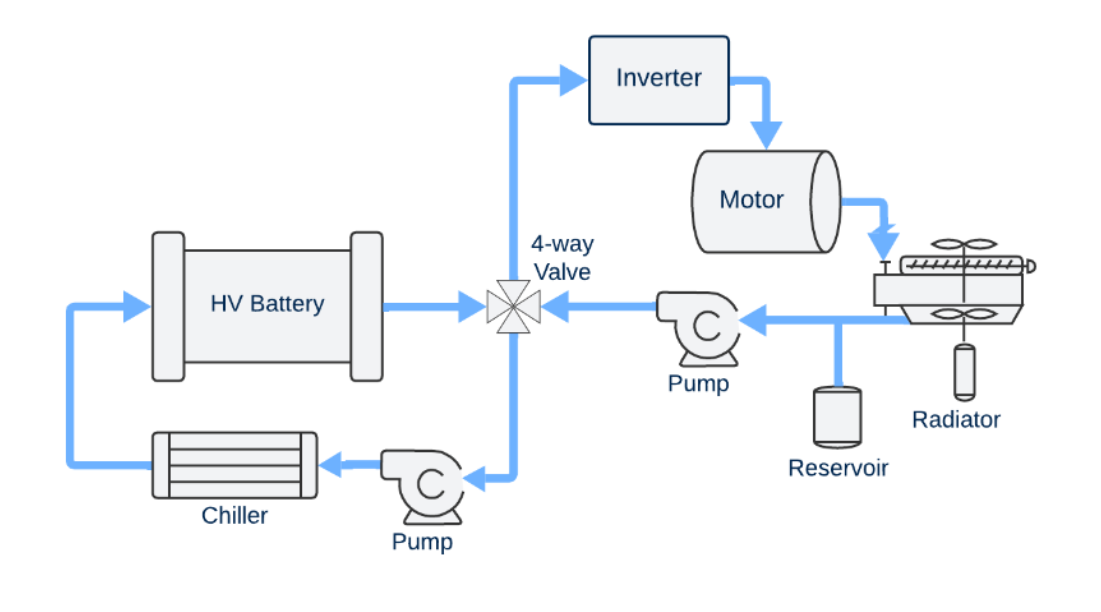Spinning and Education Prove More Effective Than Standard Physiotherapy for Hip Osteoarthritis, Study Finds
A new study conducted by Bournemouth University (BU) and University Hospitals Dorset (UHD) has shown that a structured group programme combining static cycling and education can lead to better recovery outcomes for patients with hip osteoarthritis (OA) than standard one-on-one physiotherapy.
Funded by the National Institute for Health Research (NIHR) and set to be published in The Lancet Rheumatology on 31 July 2025, the study highlights the benefits of the CHAIN intervention—a weekly eight-week programme launched in 2013 that includes guided cycling and educational sessions for OA patients.
Participants in the CHAIN programme experienced improved mobility, reduced pain, and a greater reliance on self-management strategies compared to those receiving traditional physiotherapy. Notably, 57% avoided surgical intervention even five years after the programme. Researchers found that the group-based model not only improved clinical outcomes but also significantly reduced treatment time and cost.
“For the time it takes to treat one patient individually, multiple patients can benefit from CHAIN sessions—making it more efficient and cost-effective,” said Professor Tom Wainwright, study lead at BU.
The programme is now being offered at BH Live Active, Littledown, a community leisure centre operated by BH Live, with positive feedback from participants. One such patient, Sue, regained her ability to walk and dance after just a few weeks in the programme.
CHAIN’s success has led to the development of a virtual version through BU’s educational app, enabling patients to follow the programme at home or in gyms. The team now aims to expand CHAIN nationally, offering clinical toolkits and training to healthcare providers across the UK.








